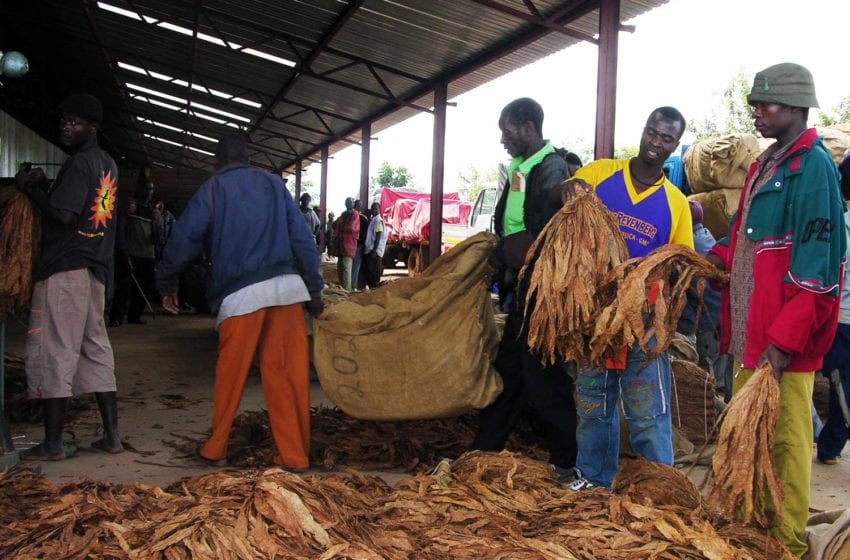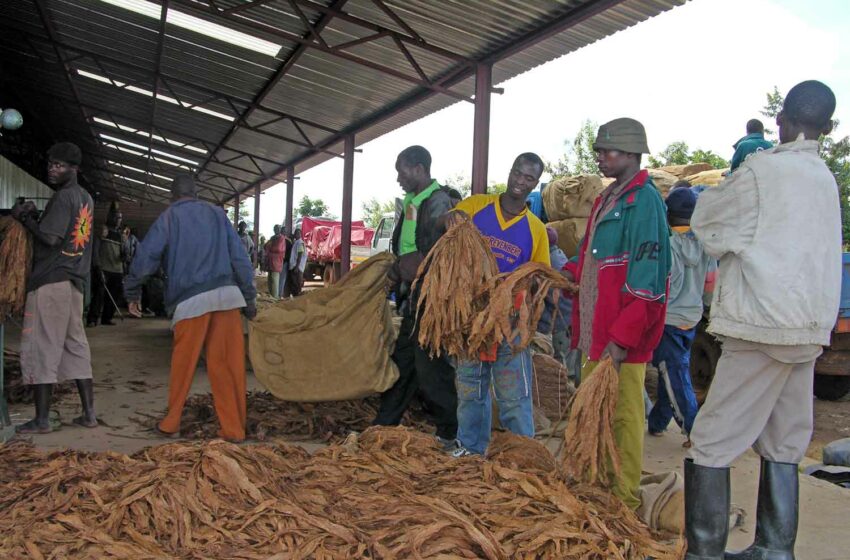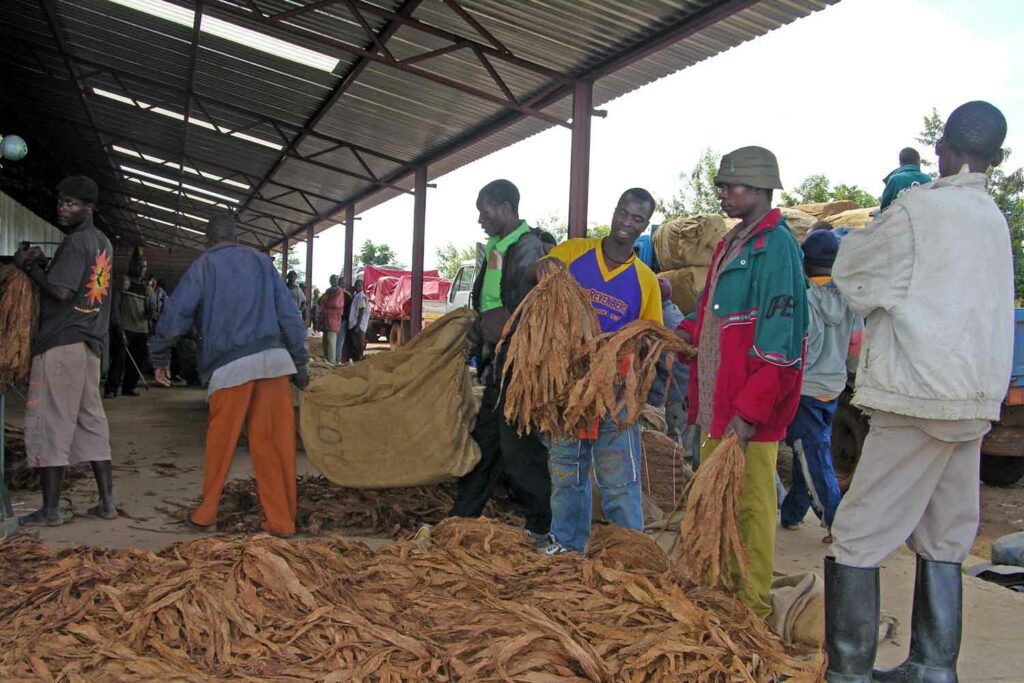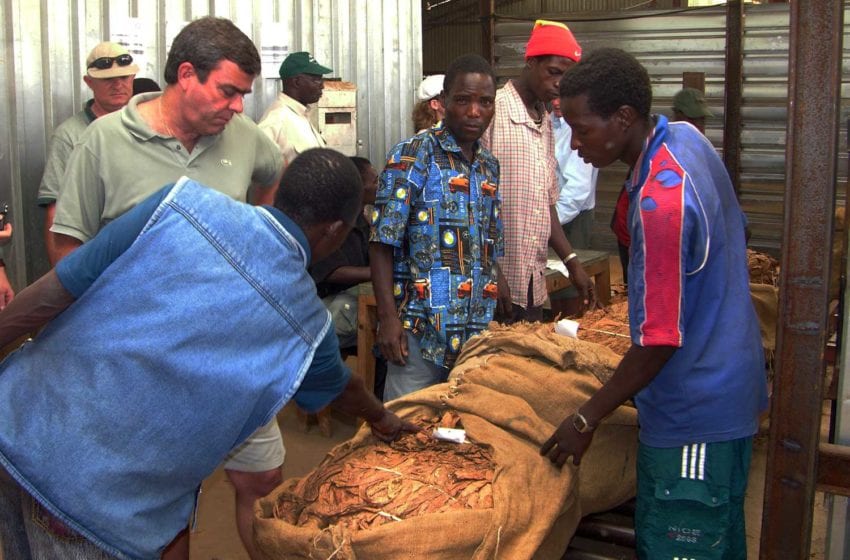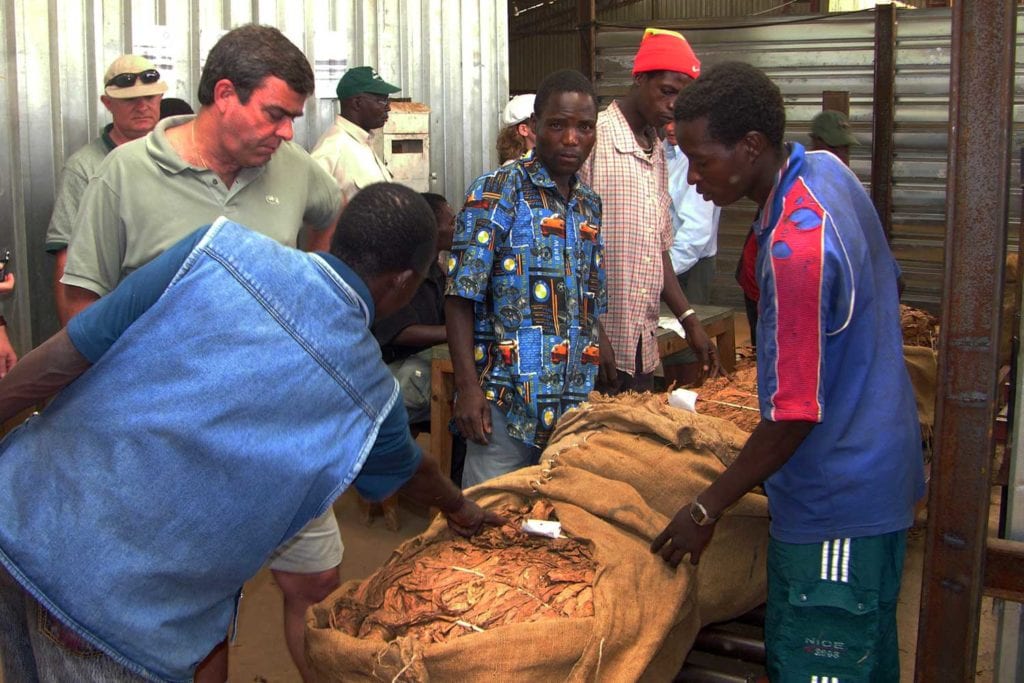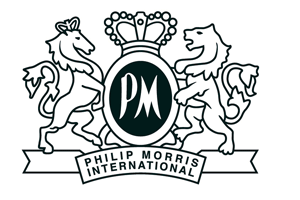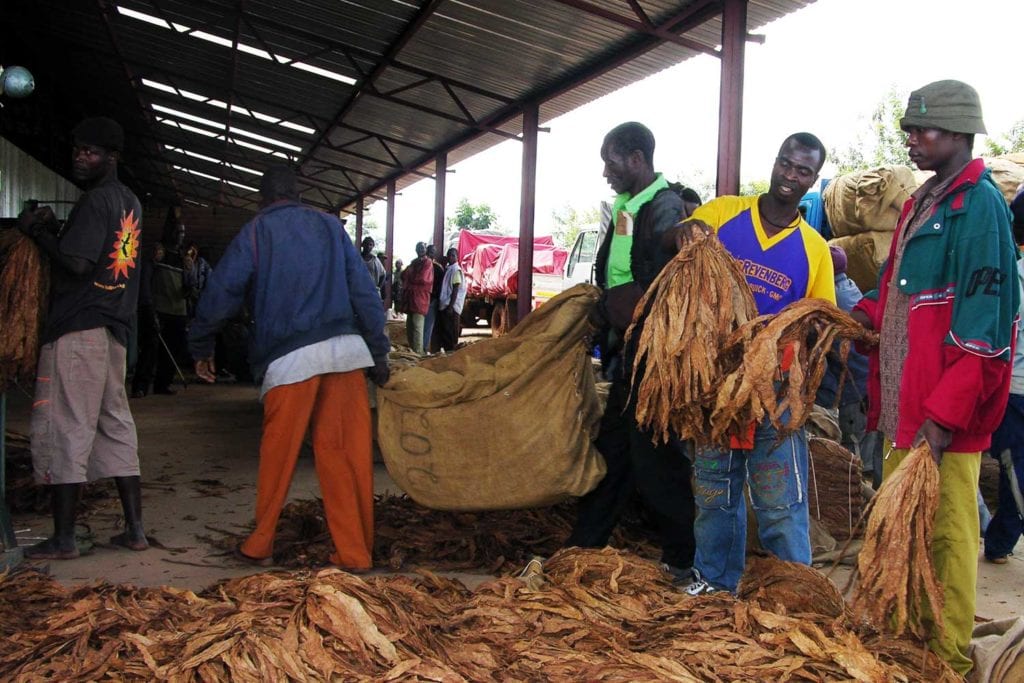
The value of Mozambique’s tobacco production dropped 71.7 percent to MZN200 million ($3.13 million) year-on-year in the first six months of 2024, according to the Club of Mozambique. The organization did not provide a reason for the decline.
The revenues amounted to 2.7 percent of the target set for the whole year and 1 percent of Mozambique’s industrial output from January to June.
The government expects growers to cultivate 129,321 hectares and 81,223 tons of tobacco this year.
According to a 2023 World Health Organization report, Mozambique had the eighth largest tobacco-growing area in the world and the third largest tobacco-growing area in Africa, after Zimbabwe and Malawi.
Brazil, with a cultivation area of 357,230 hectares, and Mozambique are the only Community of Portuguese Speaking Countries nations mentioned in the WHO report.

